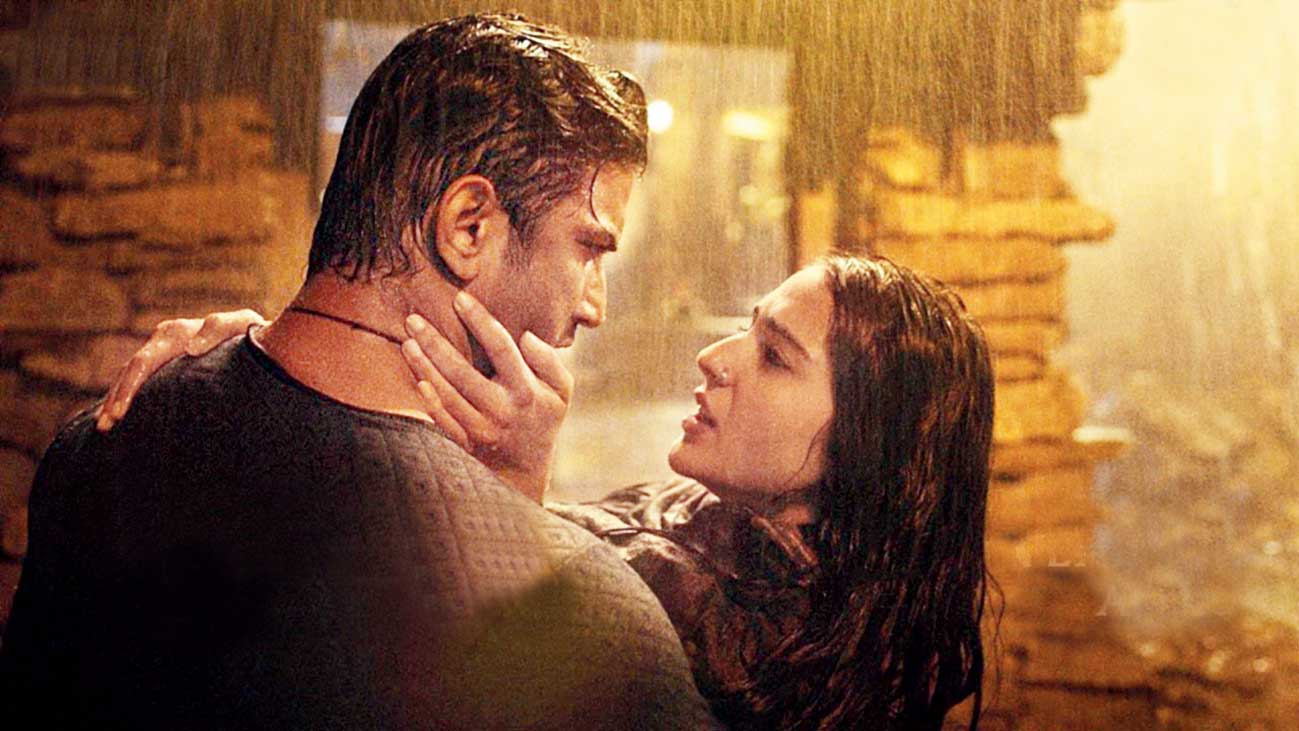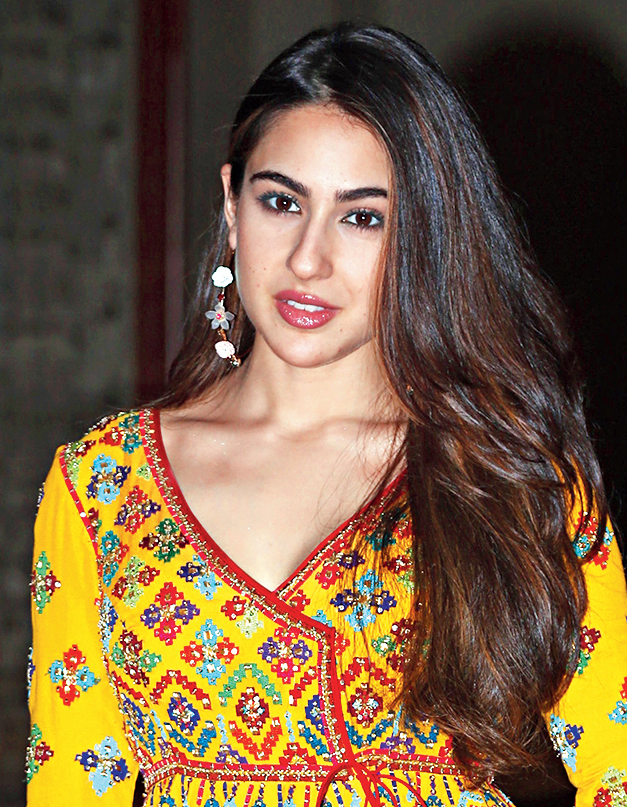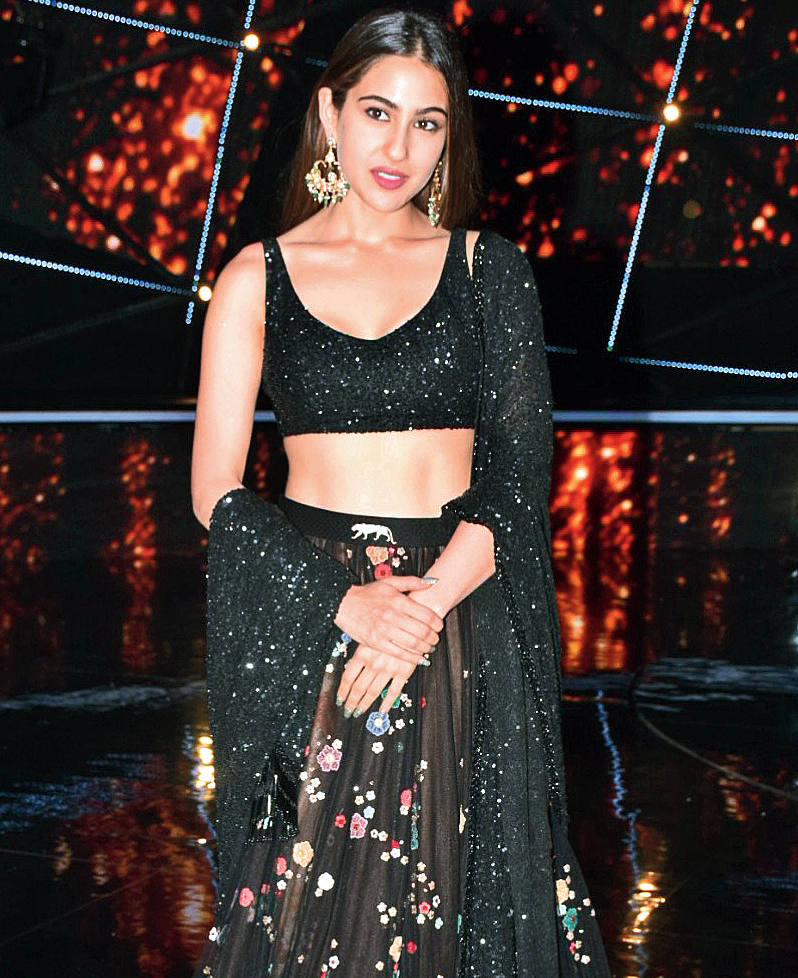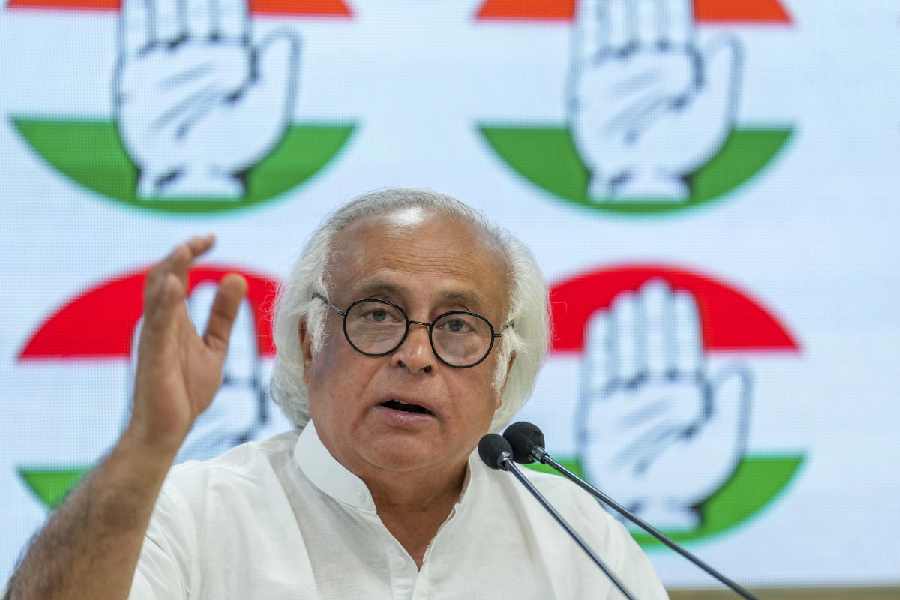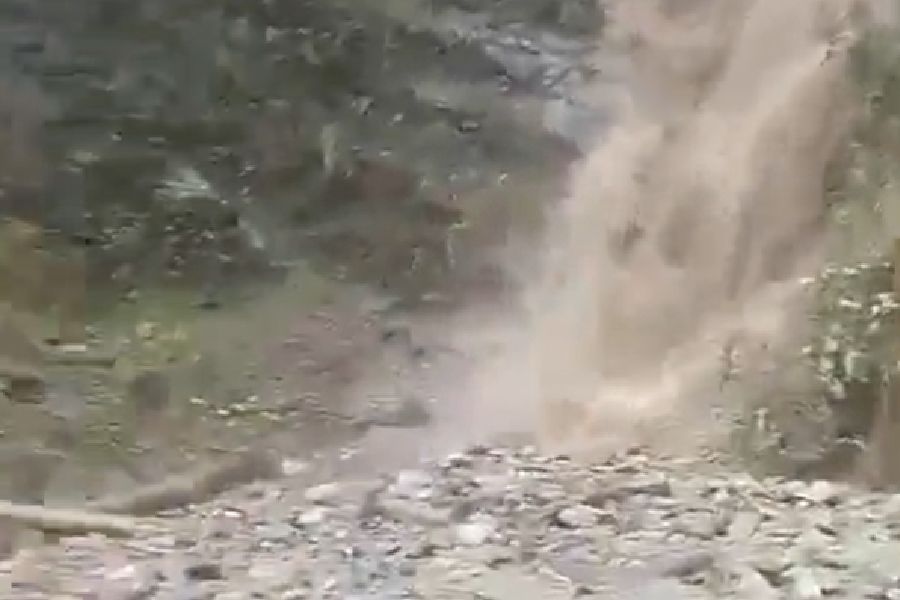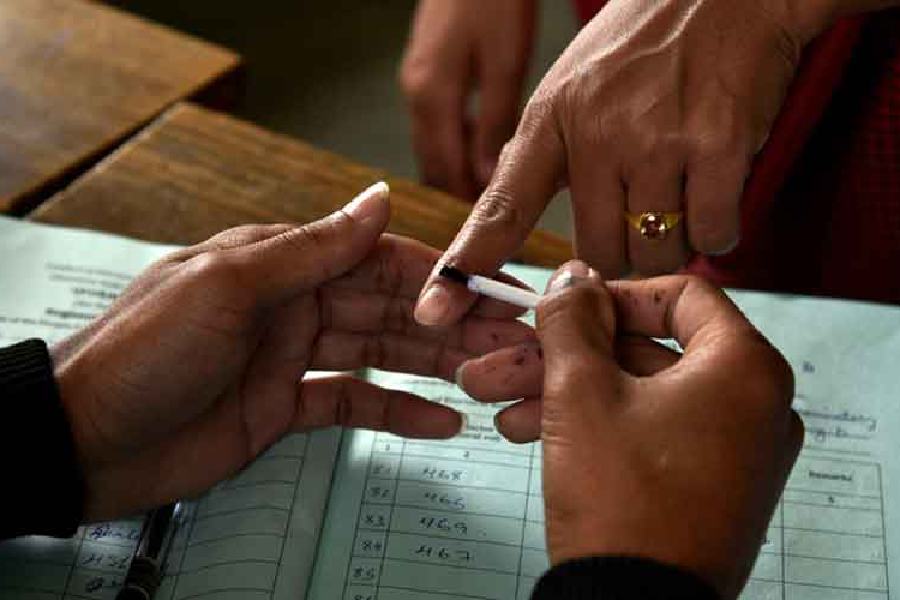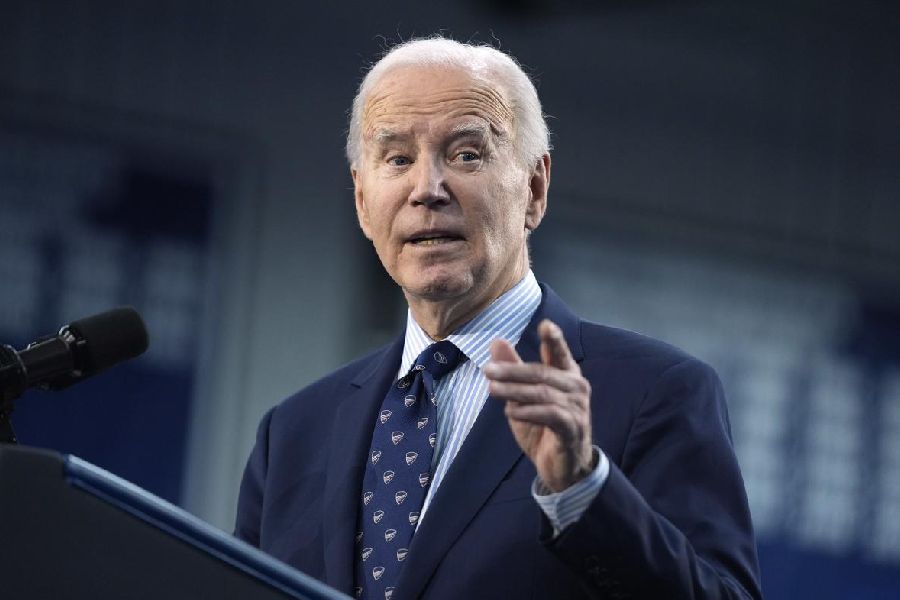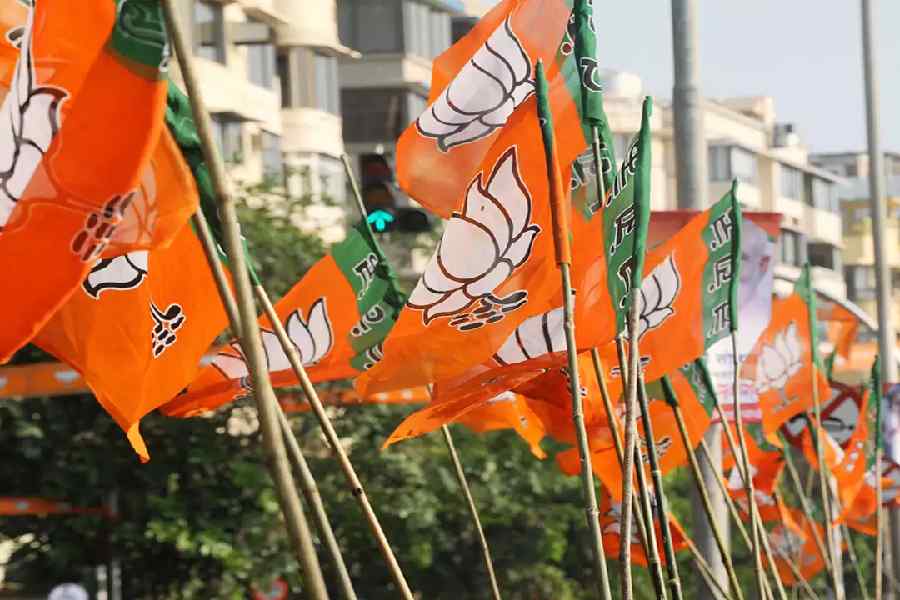Everything that could possibly go wrong during the making of Abhishek Kapoor-directed Kedarnath, did. There was a fallout with former producers KriArj Entertainment and rumours of differences with the film’s leading man Sushant Singh Rajput. While Abhishek was looking for a new producer, his leading actress and debutante Sara Ali Khan (daughter of Saif Ali Khan and his ex-wife Amrita Singh) signed on Rohit Shetty’s Simmba and her management company gave all her dates to the new film. This dispute was finally settled in Bombay High Court.
Through all of this, Abhishek didn’t take his eyes off the ball. “I couldn’t afford to get distracted from my goal. I’ve seen hardships before in life. Initially as an actor, I saw a lot of failure and when I made my first movie (the 2006 film Aryan), it didn’t do well either. So, I’ve hardened up and my conviction in my film is of primary importance. It’s mind over matter and I believe in my films so much that you can’t break that,” he told t2 recently in his office in Mumbai’s Khar. While his wife and the film’s co-producer Pragya coordinated last-minute details before Kedarnath hits theatres this Friday, Abhishek chatted about what inspired the film, launching Sara and his relationship with his lead cast.
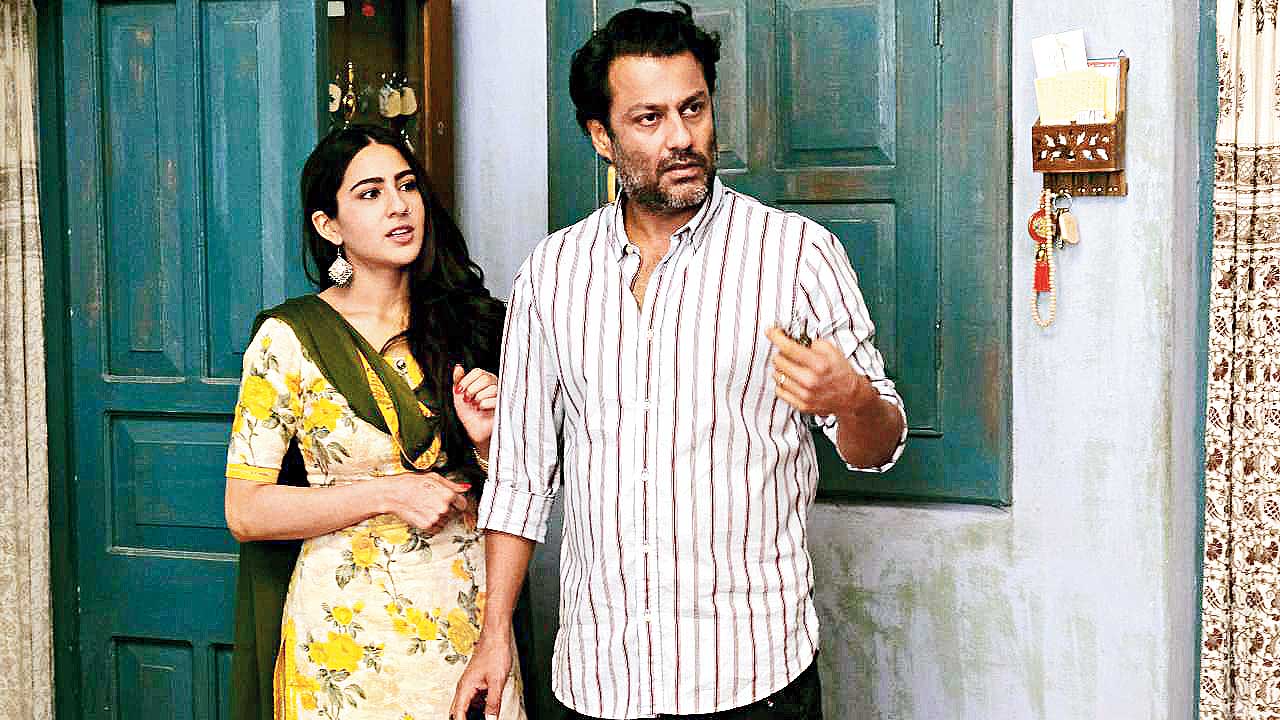
Director Abhishek Kapoor with Kedarnath actress Sara Ali Khan Agency picture
Are you then relieved that this is going to be Sara’s debut, or was that a non-issue?
No, for me launching someone is no big deal. It’s her first film and it’s great, but I’m making a film and I have a very big story to tell. There are far bigger responsibilities that are my priority, and she’s part of the film because I took her on and put so much energy and so much life into pulling out a performance from her, and teaching her the whole game. So, it’s a huge responsibility and I hope people like her and she hits the mark.
What made you want to make a film with Kedarnath as the backdrop?
As a kid, I used to make a lot of trips to Vaishno Devi, but one doesn’t really understand the Hindu philosophy at that age because it’s a really mature thought process. After my last film (Fitoor), I made another trip to Vaishno Devi. I saw the poorest of the poor from all parts of the country, and they’re sometimes also very weak and old. We have porters who carry them up, and some of them are Muslims and I found that to be such an amazing sight, because that is who we are as a people. We’ve co-existed for so long, but it’s only in the past 20-30 years that this disparity and these differences have been created, for political reasons. At the purest of our places, we exist in our purest form, and I thought that was a great premise and setting for a film.
Kedarnath had the 2013 floods which was a massive catastrophe where thousands died, thousands were rescued and hundreds of thousands went missing. There was a lake behind the temple and that lake burst because there was so much water, and a 100ft wave came down, and it hit the temple town. There was devastation all the way down to Rishikesh but the temple survived. Whether you believe it or not, it was a miracle and such an epic story needed to be told.
The film is a love story but also a story of two religions, of faith, and a disaster movie...
Yeah, there are so many layers. I try to do that with all my movies — I try to pack in enough. Every shot should tell a story, should be engaging and should take the story further. When you watch the movie a second time, you should be able to take back something you missed out the first time.
As a filmmaker, when you start, you want to impress people. You want to tell them that you’re a new-age filmmaker, that you’re a progressive thinker, and that you’re very crafty. But after a few films, you don’t need to impress people and keep proving yourself. You don’t need to keep giving an exam, you want to engage people and tell stories for people. I think I’m at that stage right now in my life.
After Kai Po Che! this is the second time you’ve directed Sushant. How much has he evolved as an actor?
He’s just become a lot more of himself. He’s become a lot more comfortable in his skin and he’s a very intense actor. Actors are very delicate in their heads, because being into your craft and your characters means there are multiple personalities that you’re dealing with. I understand when actors isolate themselves, like Daniel Day-Lewis disappearing after a role. I can totally understand that because you lose yourself in your characters and you’re thinking about them all the time, and then need to understand who you are again. Sushant is one of those actors, very passionate and very well prepared. He does his research and is very reserved.
What was it about Sara that caught your eye?
After the script was ready, I was looking at several options, but I wanted to start the film fast. This film required someone young. If I wasn’t going to get someone’s dates now, I would have to cast someone young and I took that shot. I spoke to Sandeep Khosla (of fashion label Abu-Sandeep), who’s a family friend of mine and theirs as well, and asked him about her. I had to be really sure that she’d be able to carry this film because the whole film rests on the shoulders of these two actors. She’s a very bright girl, very intelligent. The more I engaged with her, the more she understood what was expected of her.
What is your sense of Sara as an actor?
She’s very good. The good thing about her is she’s a good listener and it’s very important for an actor to listen. When you read a script, there are so many interpretations to a character. It’s important for the actor to understand where I’m coming from and where I want to take that character. There’s a transition phase after the first 10 days of shooting when the character moves from my hand into the actor’s hand; that’s when they start to get comfortable.
First 10 days, and that too with a new actor with absolutely no experience, is a lot of work. It’s blood, sweat and tears to bring that performance out, because they have to be taught everything from scratch. Although she comes from a film family, she had no training, had never even been on a film set. I’ve seen the best of them and their minds going for a toss as soon as the camera comes on, because you’re so conscious of how the camera is looking at you.
There were rumours of you and Sushant not getting along on set. You also sent a legal notice to Sara’s management team. What’s your relationship with your actors like?
The thing is, none of this is personal. I’ve never had any differences with Sushant. Even I used to read a lot of it in the papers but I was also initially stuck with some dubious partners... it was a nightmare. I’ve had many battles. Because I was parting with them, and they wouldn’t have it, they were slandering my name in the media. There was a time, around March, when every morning I’d open the paper and see some horrible article about me and two pages of crap written. Someone was slandering me and my film and trying to kill it, and I really struggled at the time. At the end of the day, however, I had my eye on the ball and had a film to deliver.
At that stage, Sara was a little nervous and I asked her what she wanted to do and which filmmaker she’d like to work with, because I had half the film shot and she’s great in it. So I was calling my friends and filmmakers and showing them scenes of hers, so that she’d be out there. Rohit Shetty was looking to start his film then and I called him up and asked him to consider her. At the same time, I showed some scenes to people from the studio he was working with. For me, it wasn’t of primary importance that this be her first film.
The management she was working with, however, doubted my potential and behind my back, gave my dates away. When I got my game together again, they told me I couldn’t shoot with her. I was the one who told her to go do the other film, but they could have asked me before giving away my dates. I had a set standing, I had a crew and so I did what I had to do — sent them a legal notice and called them to court. And you don’t go to court to fight, you go there to resolve issues. I don’t want to land up in some big daddy’s office who will decide how my life and my film should move, when there’s such an esteemed judge who sits in that high court. We had Justice Kathawalla. We were done in two days, and she was back on set and shooting.
Did it spoil relations between you and your lead actors?
Not at all, not from my end. I’m sure it would have been difficult for Sara to suddenly land up in court but they should have thought about what they were doing. I wasn’t doing anything personally, I have no malice against anyone. I was just trying to secure my film and did what I had to do. Sushant and I have a great working relationship, and over the years he’s evolved into a better actor now. So it’s harmonious and very good.

